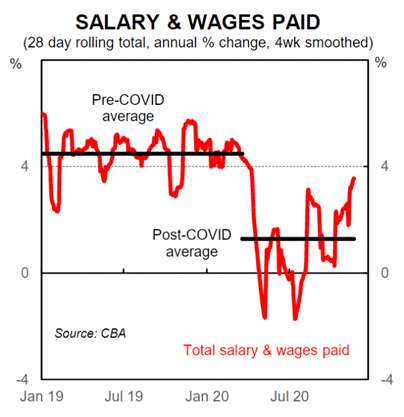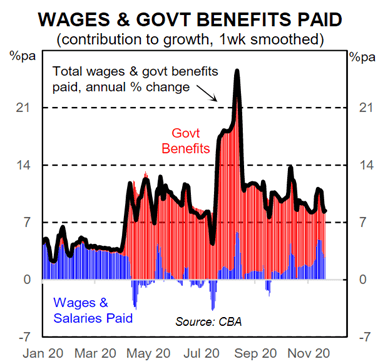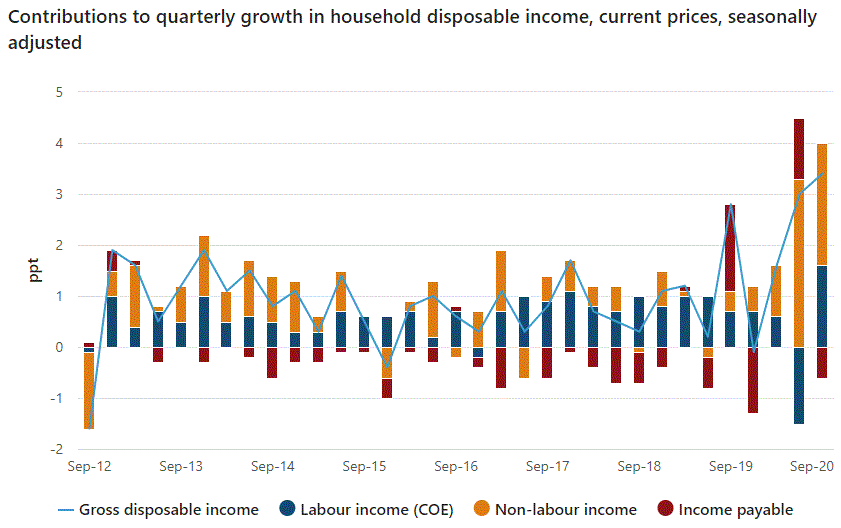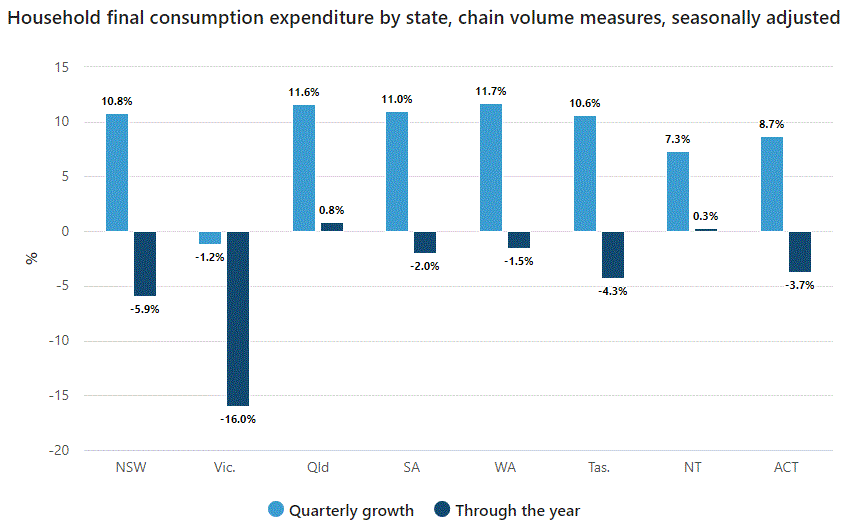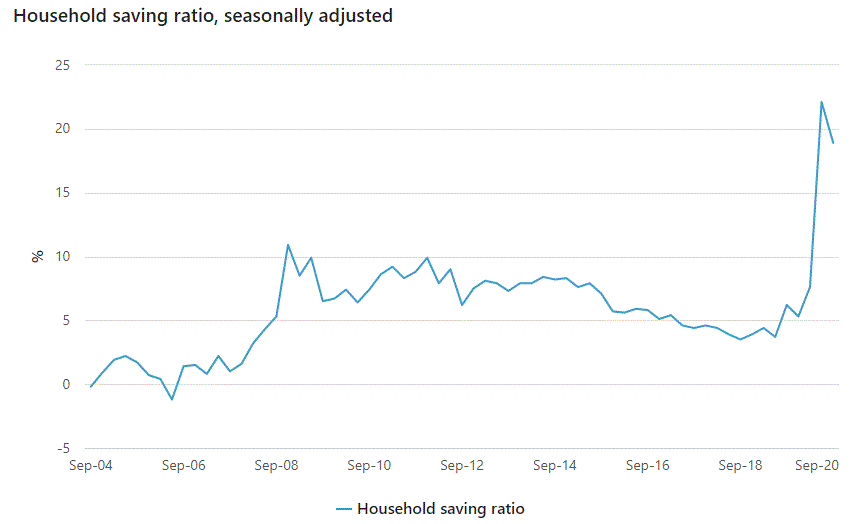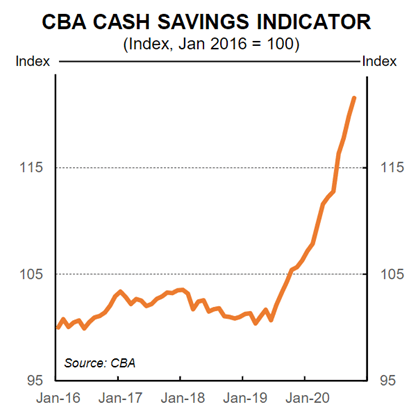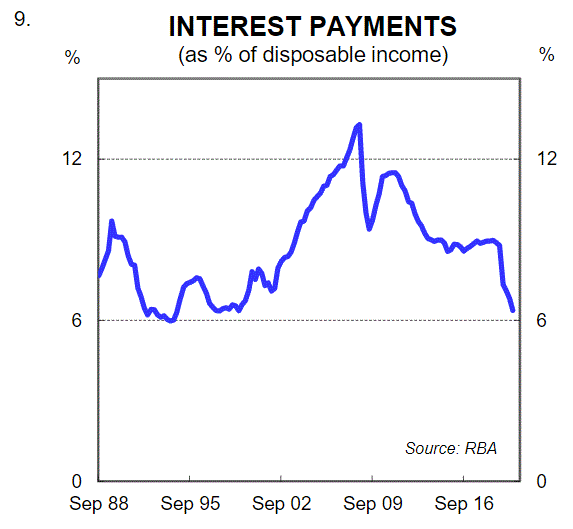- Dec 29, 2000
- 23,687
- 20,962
- AFL Club
- Adelaide
This is probably a bit of topic of what we are discussing here but provides me with a great deal of satisfaction as the banker for this company for 15+ years.
Was today at a long lunch today (do they happen anymore?) with the managing director and owner of a company which I helped get started back in 2000 and was their banker for 15 years. They have sold their private company to Canadian interests for $10m with settlement due in October and he said this wouldn’t have been possible without my assistance back all those years ago.
I feel extremely happy for him and his family and since I left the bank 15 months ago we have remained good friends.
It is all about personal relationships and connections. Whilst I was his banker we didn’t socialise and mix business with personal but once I left it was all about personal relationships.
Was today at a long lunch today (do they happen anymore?) with the managing director and owner of a company which I helped get started back in 2000 and was their banker for 15 years. They have sold their private company to Canadian interests for $10m with settlement due in October and he said this wouldn’t have been possible without my assistance back all those years ago.
I feel extremely happy for him and his family and since I left the bank 15 months ago we have remained good friends.
It is all about personal relationships and connections. Whilst I was his banker we didn’t socialise and mix business with personal but once I left it was all about personal relationships.





